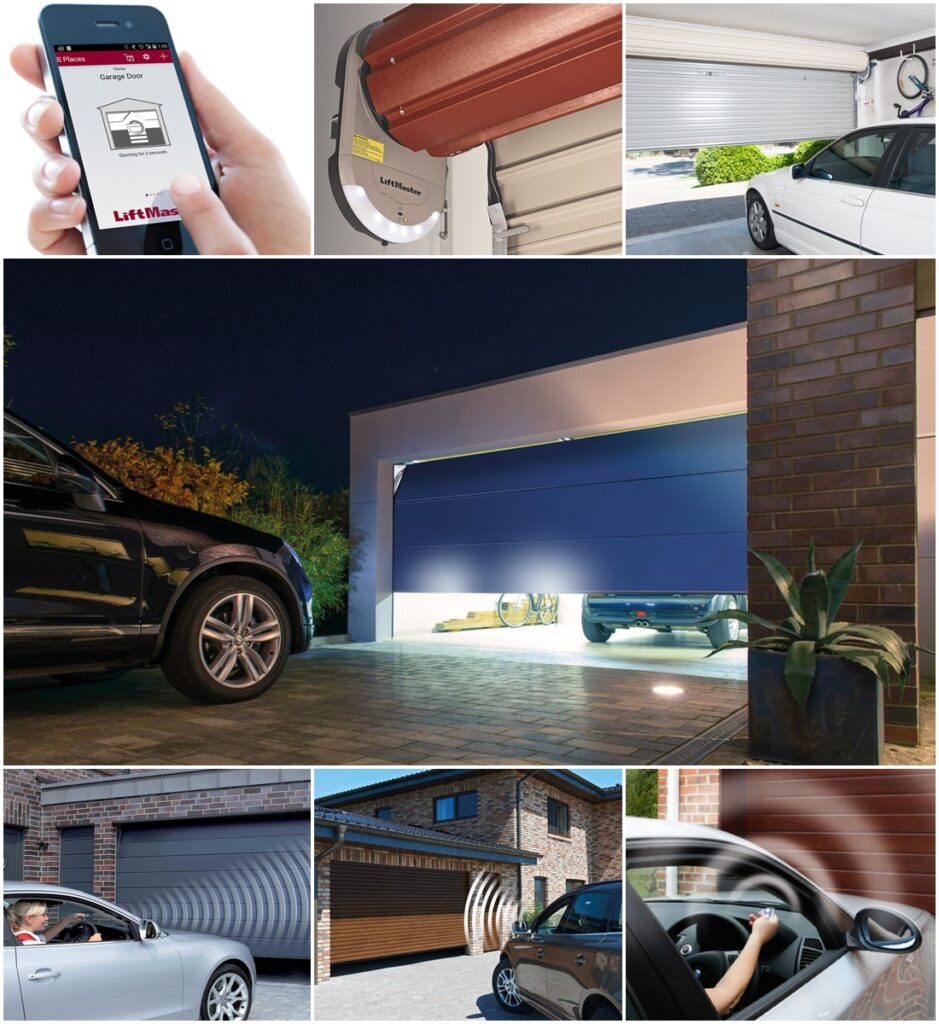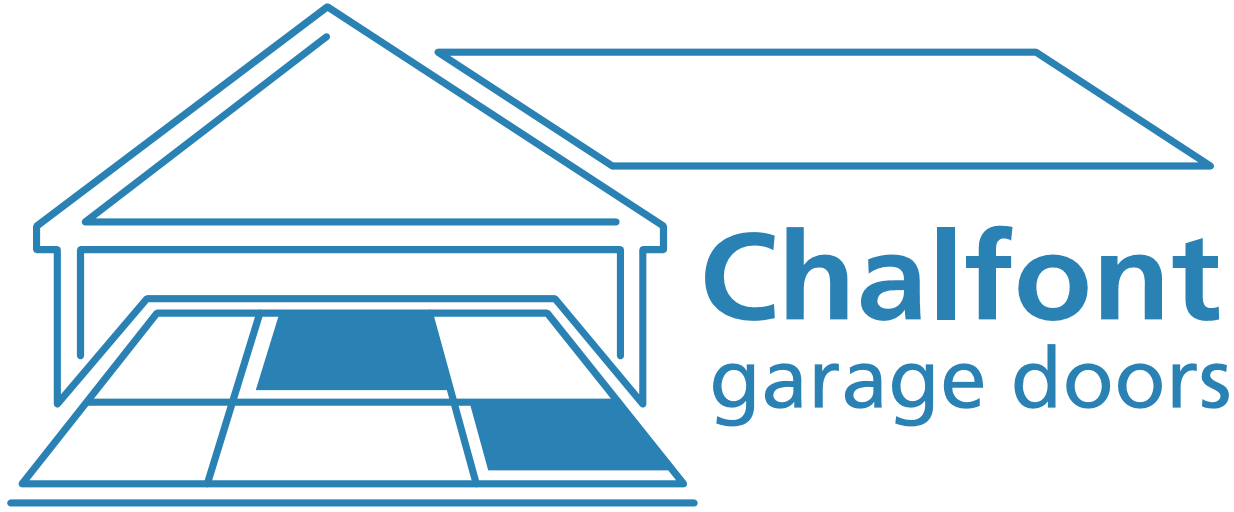Choosing between an automated (electric) or manual garage door is an important decision for UK homeowners.

Both options have pros and cons, depending on convenience, security, budget, and maintenance needs. This guide compares the two to help you decide which is best for your home.
Key Differences at a Glance
| Feature | Automated Garage Door | Manual Garage Door |
|---|---|---|
| Operation | Motor-driven, remote/open app control | Hand-operated (lifting/pulling) |
| Convenience | High (opens with a button) | Moderate (requires physical effort) |
| Cost | Higher upfront & installation | Lower initial cost |
| Security | Advanced locking, smart integration | Basic locking, reliant on physical strength |
| Maintenance | More complex (motor, sensors) | Simple (fewer moving parts) |
| Power Dependency | Needs electricity (battery backup optional) | No power required |
| Lifespan | 10-15 years (with upkeep) | 15-20 years (durable mechanics) |
Pros and Cons Breakdown
1. Automated Garage Doors
✅ Pros:
- Effortless operation – Open/close with a remote, smartphone, or voice control (via Alexa/Google Home).
- Enhanced security – Auto-locking, tamper alerts, and smart camera integration.
- Weather-resistant – No need to exit your car in rain or snow.
- Increased home value – Modern feature appealing to buyers.
❌ Cons:
- Higher cost – £800–£2,500 (vs. £300–£1,000 for manual).
- Maintenance needs – Motors, sensors, and batteries require checks.
- Power reliance – May fail during outages (unless battery-backed).
📌 Best for: Busy households, elderly/disabled residents, tech-savvy homeowners, or those prioritising security.
2. Manual Garage Doors
✅ Pros:
- Lower cost – Cheaper upfront and no electricity costs.
- Durability – Fewer mechanical parts mean less wear and tear.
- No power needed – Works during outages.
- Easy repairs – DIY-friendly fixes (e.g., lubrication, hinge adjustments).
❌ Cons:
- Physical effort required – Can be heavy (risky for some users).
- Less secure – Easier to force open without advanced locks.
- Inconvenient – Must exit the car to operate in bad weather.
📌 Best for: Budget-conscious owners, low-use garages (e.g., storage), or rural homes with unreliable power.
Key Decision Factors for UK Homeowners
1. Budget
- Automated doors cost 2–3x more than manual ones.
- Consider long-term savings (e.g., manual = no motor replacements).
2. Security Needs
- Automated doors offer smart locks, alarms, and real-time alerts (e.g., if opened unexpectedly).
- Manual doors rely on padlocks or deadbolts (upgradeable but less high-tech).
3. Convenience & Accessibility
- Automation is ideal for:
- Families with young children.
- Elderly or mobility-limited users.
- Frequent comings/goings (e.g., commuters).
4. Climate & Power Reliability
- UK’s rainy/snowy weather makes automation appealing (no need to step outside).
- In areas with frequent outages, manual doors are more reliable.
5. Maintenance
| Task | Automated | Manual |
|---|---|---|
| Lubrication | Every 6 months | Yearly |
| Professional Servicing | Every 1–2 years | Rarely needed |
| Part Replacements | Motors, sensors, batteries | Hinges, springs |
Hybrid Option: Retrofitting Automation
Already have a manual door? You can add an auto-opener (£300–£600). However, check compatibility (e.g., torsion springs required for most conversions).
Final Verdict: Which Should You Choose?
🔹 Choose Automated If:
- You value convenience and smart features.
- Security is a top priority.
- Your budget allows for higher upfront costs.
🔹 Choose Manual If:
- You prefer low-cost, low-maintenance solutions.
- Power outages are common in your area.
- The garage is used infrequently (e.g., storage).
Need Help Deciding?
Consult Chalfont Garage Doors to assess your space, usage, and budget. We offer free advice, a free site survey and a no-obligation quote!
